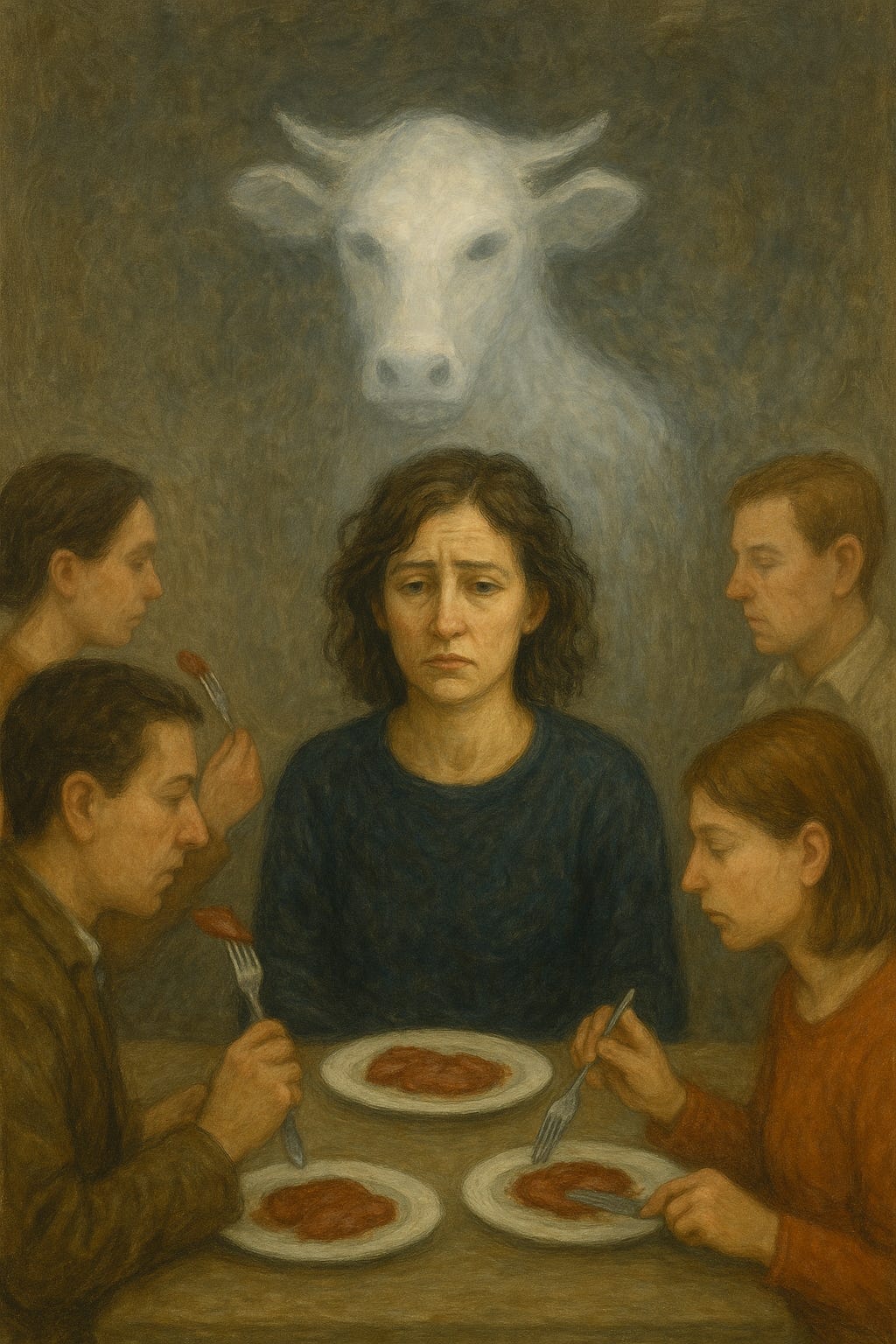I am in a career that I do not want to pursue.
I have not been productive. I am quite stressed and anxious. But I am still keeping it and creating new science collaborations and research projects.
I have recently realised that I probably did university, a PhD, and started a scientific career just for FOMO.
Mainly because of prestige, the perks of the academic life, and comparing myself to my peers (a lot of which had very clear ideas about their science careers since their start, and it shows it now). Obviously I was attracted to the science aspect of it, but I think it was just for fun (and also to please expectations of others).
But I have been not happy in my life for several years now. I think my anxiety has been manifesting itself into my body (mainly with head confusion and headaches).[1]
Even if I see myself as a professor in the next few years (something that you usually need to plan well in advance to create the right support network of people), I still fail to see how this can bring me happiness in my life.
After discovering certain online communities (like this one and lesswrong) I opened my eyes, and discovered that the pleasure of research can be pursued in different ways.
But I am still pondering on my future. Mainly because of fear.
My ideal scenario is the following: have a personal business (so that I can have "individual freedom"), while pursuing economic/social research in some university/research institute in a vibrant city. In particular, I would like to focus on topics like economic/social inequality. Something I have always promised myself to do after retiring (I would also love to do random bits of science, but I need to focus on single topics).
I do not know how to do this (and how I could distinguish myself to gain the first bits of momentum). And on top of that, I am so afraid of starting a new path and being labelled as a failure.
I have not much interest in working in a company (tried internships and was unproductive). And do not see any place that makes me scream I wanna go there. Only reason I would consider it is money.
The problem is that I am the kind of person that will not use their mental resources to finish a task in absence of a deep sincere interest. On the other hand, to pursue the deep interest, I need to jump into the unknown. And I am afraid of regretting my choice.
- ^
Someone suggested long-covid, but not sure where it leads.




Thanks a lot! I will consider it :)